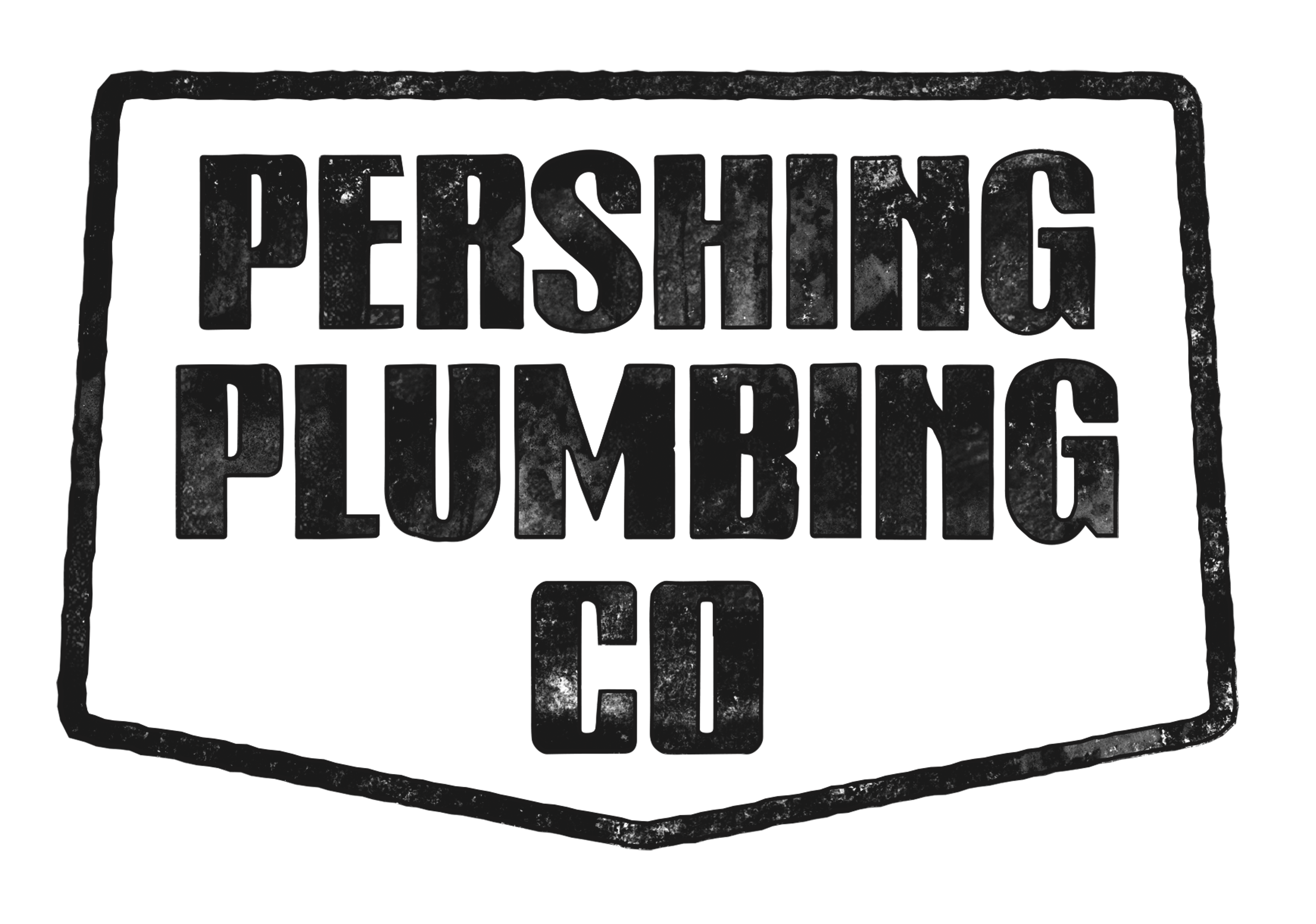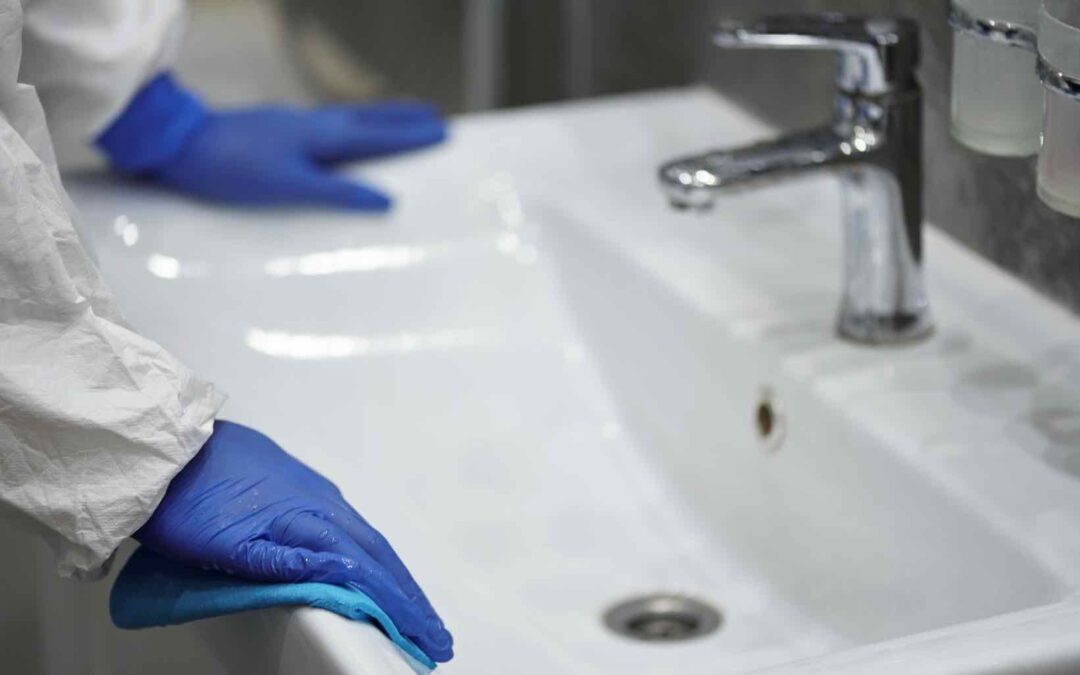A blocked drain can cause a lot of inconvenience, expense, and even financial loss. It is best to avoid these plumbing issues before they happen.
How can you prevent drain blockages? Here are some tips to reduce the likelihood of drain clogs in your toilets, sinks, and showers.
Sink Clogs Avoidable
It is important to be mindful of what you throw in the garbage disposal to avoid kitchen sink clogs. Avoid putting all food scraps into the disposal. Stick to foods that are easy to break down and not full of starch, or stringy membranes. Because they can cling on to pipes and the inside of your disposal, such things as potato peels and pasta should be thrown out.
Stringy celery and other stringy items should not be put in the disposal. They can get caught up in the disposal mechanism. Broken disposal blades or bones can cause failure of the entire unit.
To prevent toilet clogs
If you take a few precautions, it is possible to prevent toilet clogs. Our first and most important tip: Do not use too many toilet paper. This is particularly important for small children. Frequent flushing is key if your children or you need more than just a little TP. This will decrease the amount of paper in the toilet and reduce the chance of clogging.
A second important tip is to not flush anything other than toilet paper and human waste. You shouldn’t flush feminine products, baby wipes or baby wipes. You can’t flush it down the hole if it isn’t clogging it or worse, it could cause a sewer clog.
Shower Drain Clogs Can Be Prevented
Shower drain clogs can be just as common than clogs at the kitchen sink and toilet. Hair is the main culprit for clogged shower drains.
The best way to keep hair from clogging your bathroom is to attach a mesh hair trap to the drain. They are affordable and will fit over your existing drain opening.
Prevent Bathroom Sink Blockages
Bathroom sinks are a prime spot for hair trimmings, stray and soap scum to build up and cause clogs. Reduce the amount of hair that goes down the sink to prevent clogs. It takes just a minute to remove the hairs from the drain and then put them in the garbage can. Another great way to prevent clogs in your sink is to remove the stopper from the sink and clean it once a month.
How kids can help with drain blockage prevention
Although children are not always vigilant about what they flush down their toilets or rinse down their sinks with, there are some things you can do to encourage them to be more cautious. You can start early by explaining to them how much toilet tissue they can safely flush down the drain at once.
To help children understand what can and can’t go in toilets or drains, create a game. If they put wrong things in the drains, explain what happens to the tub, toilet, and sink. Talk about what happens to drains when they become blocked and how this can create problems for the entire family.

